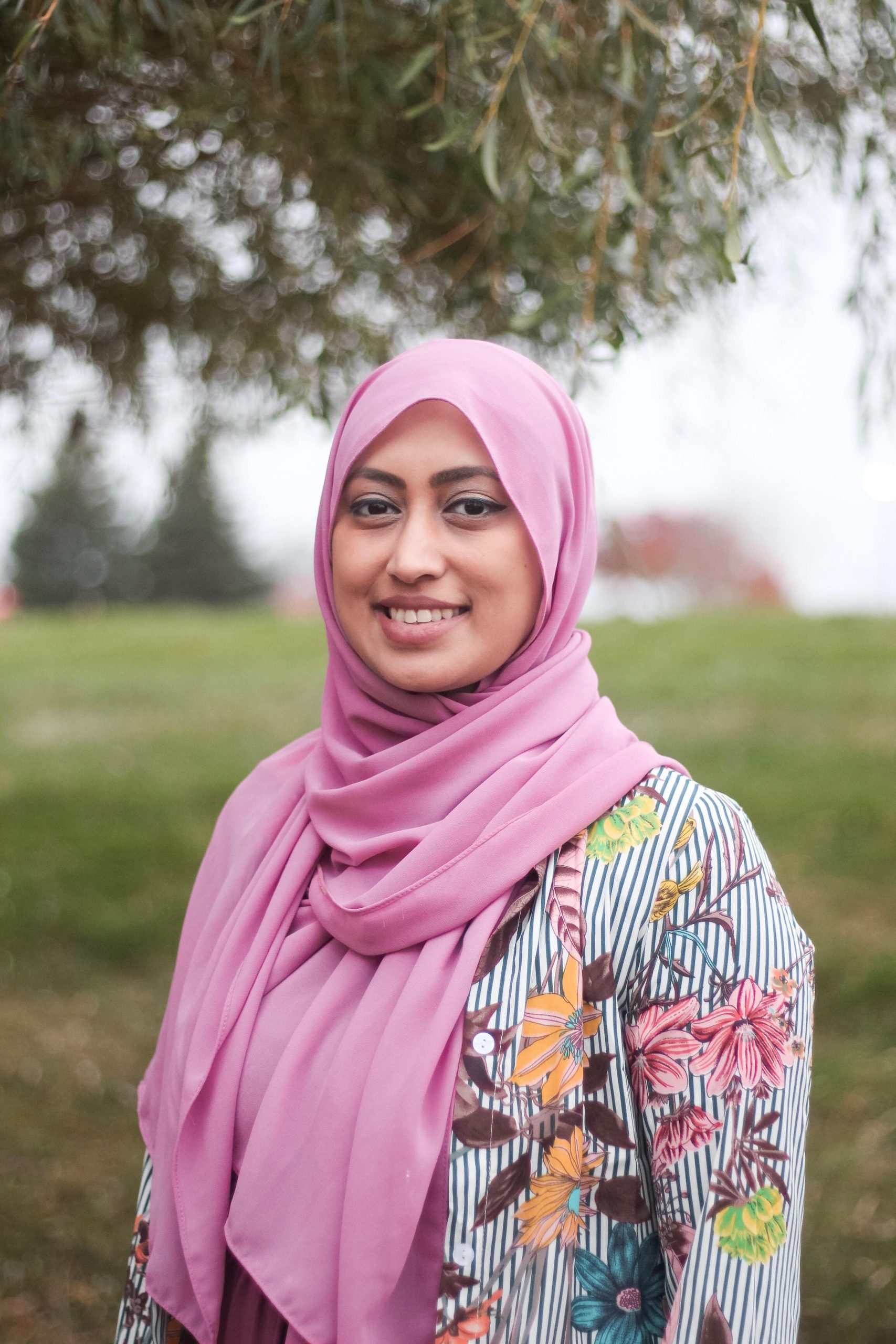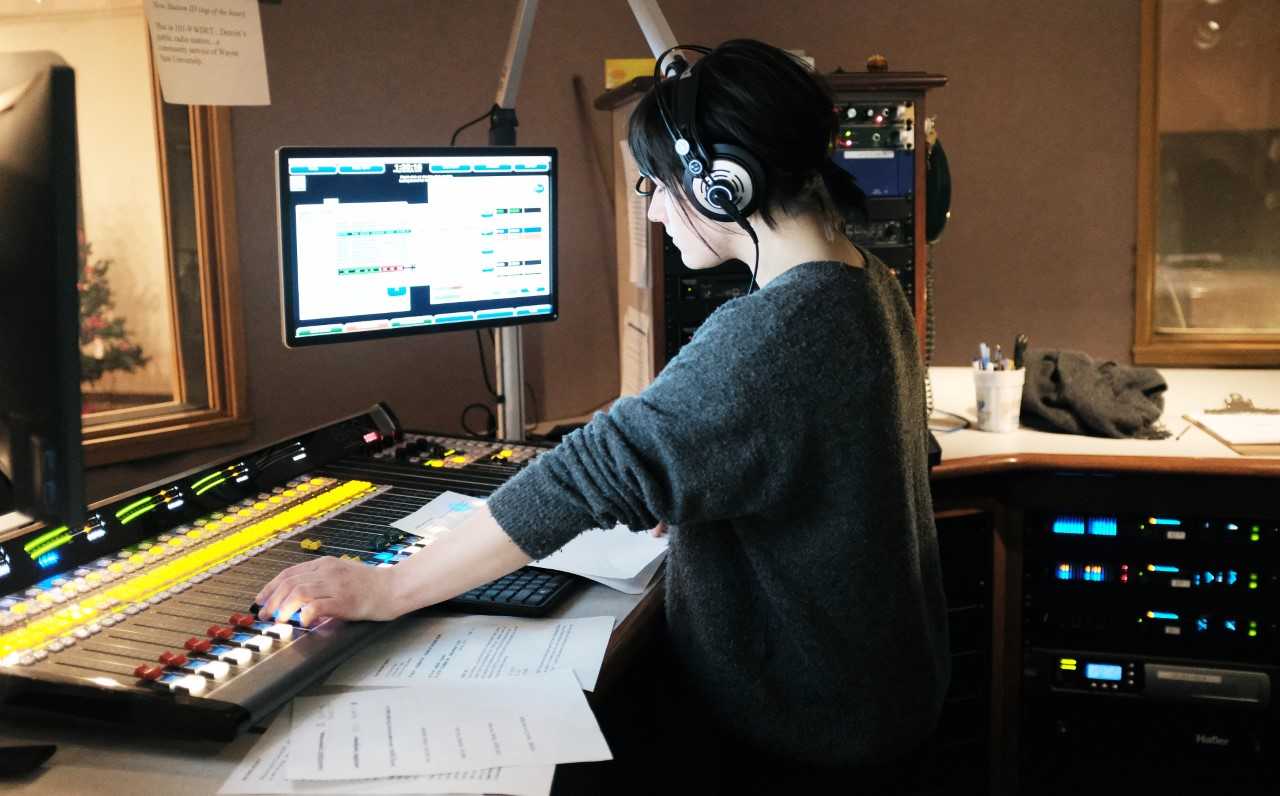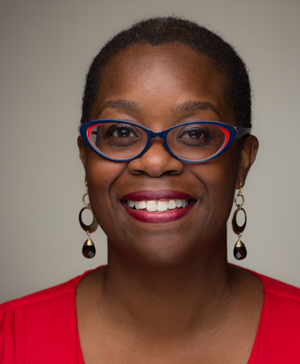Pro-Palestinian students, faculty share concerns at virtual WSU Board of Governors meeting
Nargis Rahman, Amanda LeClaire, Sascha Raiyn June 27, 2024The university’s chief financial officer said Wednesday that only a small portion of the school’s investments could be considered controversial.

A screenshot of the Wayne State University Board of Governors' virtual meeting on Wednesday, June 26, 2024.
The Wayne State University Board of Governors met virtually Wednesday night — less than a month after university police removed a pro-Palestinian encampment from campus.
The board has not said why it decided to livestream the meeting.
WSU Associate Director of Communications Bill Roose says the formats and locations of the meetings are at the discretion of the Board of Governors.
The board took public comments from students and others who watched Wednesday’s meeting at the David Admany Undergraduate Library.
Students have asked the board to vote on a “Boycott Divestment and Sanctions” resolution to stop university investments going toward weapons manufacturers with ties to Israel.
University officials gave two presentations at the end of the meeting about WSU and WSU Foundation investments.
Bethany Gielczyk, the university’s chief financial officer, says only a small portion of the school’s investments could be considered controversial.
“On both the pool and the endowment fund, our exposure to companies, and there’s a specific definition that you know have any part in manufacturing, coal or components of something considered a controversial weapon, is something between 1.25% and 1.5%,” Gielczyk said.
However, she says the university would have to make significant changes to the portfolio and choose from a narrower portfolio to divest from war manufacturers.
“We’ve been told we’d have to divest from 80% of our current investments in order to get out of those because you have to get out of the entire fund, where those funds are… where those… where they own a portion of the company in those funds,” she said.
Wayne State University President Kimberly Andrews Espy said investment presentations were purely informational. There were no votes on the matters discussed at the BOG meeting Wednesday.
Student Senate passed a resolution in November asking the BOG to vote on a Boycott Divestment and Sanctions or “BDS” resolution to stop Wayne State investments going toward weapons manufacturers.
Public comments were moved to the end of the meeting and vetted 48 hours prior.
Several students, faculty and alumni shared their frustration with the university policy after the dismantling of the student encampment and student arrests that followed.
Community member Umair Daimee says that’s created a chilling effect on free speech.
“Students that I have spoke to, especially minorities and people of color, are afraid to be on campus now because of you. I ask you to apologize, drop the charges and go back to the table with them. If you cannot do that, resign,” Daimee said at the meeting.
Students for Justice in Palestine held a meeting to watch the virtual meeting at the Undergraduate Library during the time of the meeting.
“Wayne State has the authority and the means to divest from harmful industries and companies and simply requires the will.”
—Zeinab Alghanem, Wayne State alumna and member of Students for Justice in Palestine
Zeinab Alghanem is an alumna and a member of the Students for Justice in Palestine (SJP). She says the university has a long history of divestment, from Big Tobacco to apartheid in South Africa.
“Wayne State has the authority and the means to divest from harmful industries and companies and simply requires the will,” she said. “By failing to divest, the university is not only supporting unethical practices but also betraying the values of its community. It’s not complex.”
BOG Vice Chair Bryan Barnhill says he doesn’t think divesting from Lockheed Martin or Boeing will accomplish the goal of creating peace in Gaza.
“I want to just challenge the notion that these people, including myself, would suddenly become warmongering sponsors of state violence. I think as a society, we would be much benefit from not demonizing people simply because they have a different point of view,” he said.
Barnhill says it will take more work than yelling at people to make a policy that’s “tantamount to just a gesture.”
WSU student Jenna Mahmoud says Espy is ignoring students’s concerns.
“Wayne State University must uphold higher ethical standards, one that prioritizes the well-being and dignity of its own body above all else. Anything less undermines the very foundation of our institution’s mission and our shared commitment to justice and respect. Shame on all of you,” she said during public comment.
Neither the board nor President Espy commented on the removal of the encampment. Espy has previously said it created a public health and safety risk and an exclusionary environment.
Over 200 faculty members have protested the university’s response to the encampment arrests.WDET has requested interviews with President Espy and members of the board members.
The next board meeting is in September.
Trusted, accurate, up-to-date.
WDET strives to make our journalism accessible to everyone. As a public media institution, we maintain our journalistic integrity through independent support from readers like you. If you value WDET as your source of news, music and conversation, please make a gift today.
Authors
-
 Nargis Hakim Rahman is the Civic Reporter at 101.9 WDET. Rahman graduated from Wayne State University, where she was a part of the Journalism Institute of Media Diversity.
Nargis Hakim Rahman is the Civic Reporter at 101.9 WDET. Rahman graduated from Wayne State University, where she was a part of the Journalism Institute of Media Diversity. -
 Amanda LeClaire is an award-winning journalist and managing editor and lead reporter of WDET's new environmental series, the Detroit Tree Canopy Project, as well as WDET's CuriosiD podcast. She was the host of WDET’s CultureShift and a founding producer of the station’s flagship news talk show *Detroit Today*. Amanda also served as a Morning Edition host at WDET and previously worked as a host, audio and video producer, and reporter for Arizona Public Media.
Amanda LeClaire is an award-winning journalist and managing editor and lead reporter of WDET's new environmental series, the Detroit Tree Canopy Project, as well as WDET's CuriosiD podcast. She was the host of WDET’s CultureShift and a founding producer of the station’s flagship news talk show *Detroit Today*. Amanda also served as a Morning Edition host at WDET and previously worked as a host, audio and video producer, and reporter for Arizona Public Media. -

